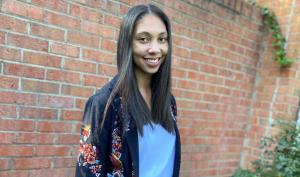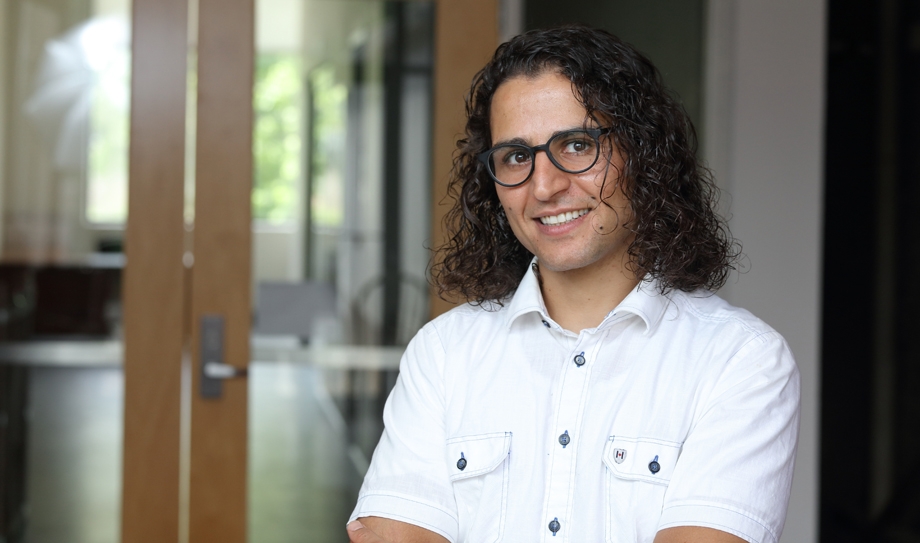
Reading Ayn Rand’s 1943 novel, “The Fountainhead,” made Emma Stephens, a civil engineering student who graduated from the University of Virginia Department of Engineering Systems and Environment in May, take stock of what she really wants to do in life.
Stephens recognized a little of herself in Peter Keating, the A-student, always-conforming architect whom Rand juxtaposes with the book’s hero, the brilliant and doggedly individualistic Howard Roark.
“I don’t want to see myself in 30 years and be disappointed that I was never able to reflect on my interests and have them play out,” said Stephens, who prior to graduating had worked two internships with major international engineering design firms – and is now working for one of them, Kimley-Horn.
“My happiness doesn’t really seem to just come from work,” she said. “I thought, ‘What else do I want to do, and how can I make my job a part of that pursuit?’”
That question led Stephens to explore a new course called Engineering Social Justice.
Engineering Systems and Environment Ph.D. candidate Bethany Gordon designed the course for UVA’s last January Term as part of the department’s response to students’ growing need to learn the social dimensions of engineering design alongside core technical skills and knowledge.
Four years ago, Gordon was is Stephens’ place – about to graduate with her bachelor’s in civil engineering from UVA and contemplating how she would use her degree to build a more equitable, just world. She chose research and teaching, becoming the first graduate fellow of UVA’s interdisciplinary Convergent Behavioral Science Initiative.
It wasn’t long before Gordon conceived the idea for the Engineering Social Justice course. She designed the syllabus in a UVA Center for Teaching Excellence workshop, focusing on helping students understand not only why, but how to make social justice part of their future engineering designs. The class debuted in the 2021 J-Term with 15 third- and fourth-year civil and systems engineering undergraduates, including Stephens. Gordon co-taught the project-based class with fellow Ph.D. student and teaching assistant Sadegh Eghdami.
“The course is between a technical civil or systems class and a science, technology and society class. We wanted it to be a practical tool for students to apply social justice,” Gordon said.
“Another thing was just the ability for students to think differently about what it means to be an expert and to have expertise. I think in other classes, their engineering identity is shaped by having an authoritative voice, and in this class, we focused a lot on listening to the community, and stepping back and that being a different source of professionalism.”


